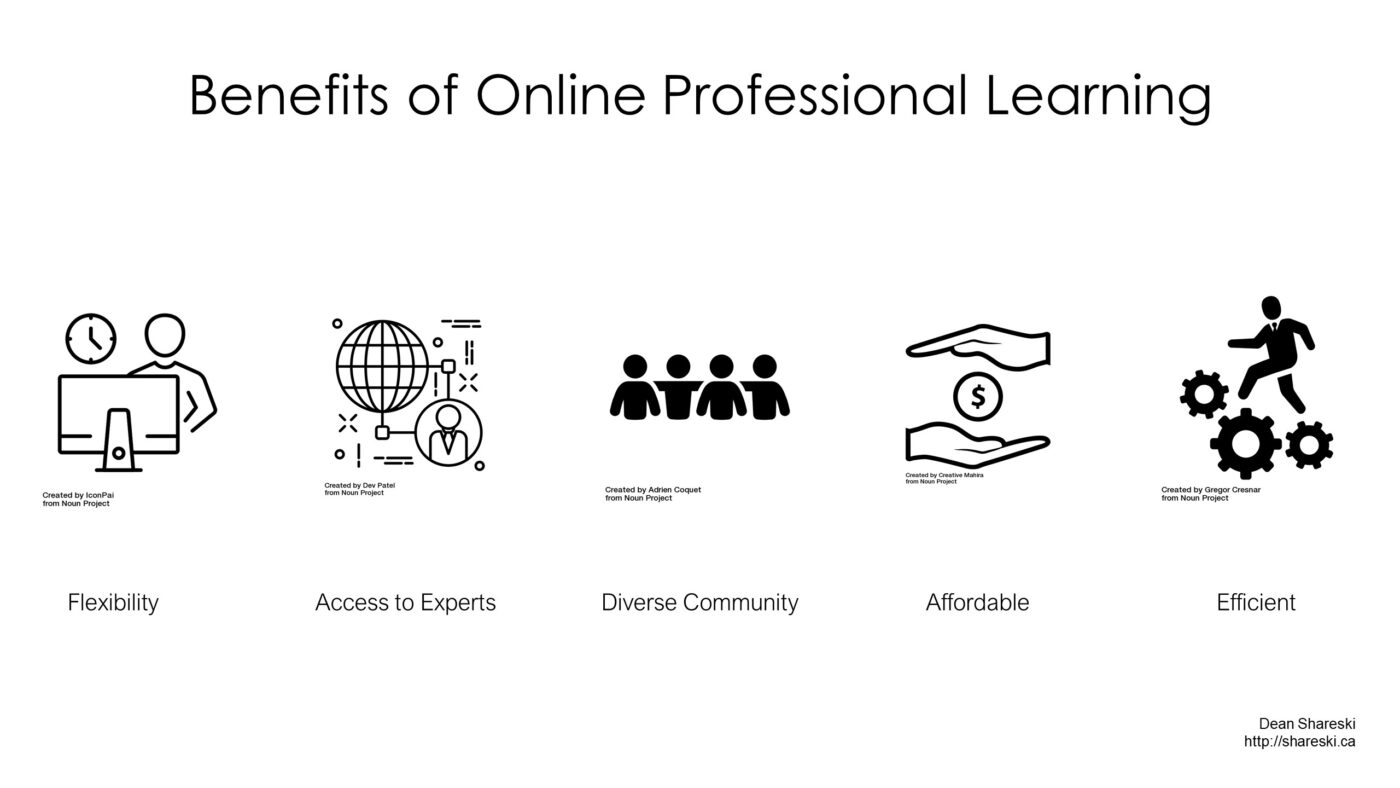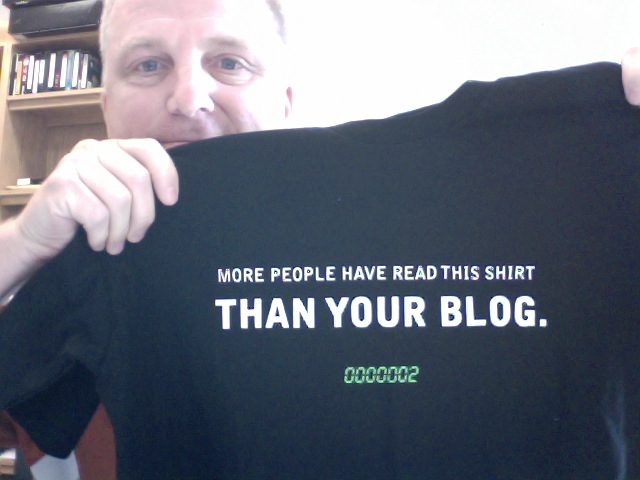My current immersion into the world of AI and specifically Generative AI (GenAI) is at the same time exciting, fascinating and also mentally exhausting because you can’t embrace the possibilities without acknowledging the risks. As I say every time I’m working with others, holding these competing ideas in your head at the same time is not easy and in fact, goes against our natural survival instinct to see the world in binary terms.

I feel like I’ve done a good job surrounding myself with diverse opinions and experts in this area and at the same time have to remove myself from thinking too deeply at times because it’s extremely taxing mentally. Whether it’s politics, climate change or other major societal issues, it’s hard to live in 2024. No one can escape and most of us are trying to figure out what it means to be a good citizen and a flourishing, happy human.
Today I’m asking myself when should writing be hard? The promise of GenAI is often that it makes writing easier and even better. Whether it’s to spell check or fix your grammar or even to write an entire book, AI can perform all these tasks. For those who are objectively poor writers and don’t enjoy writing, it might be a lifesaver. Even those of us who write as part of our job and are good at it, it can be extremely useful. Like almost any new skill, writing is really hard. As a grandparent, I watch my granddaughter struggling to read, and my grandsons struggling to learn to skate and ride a bike, all these life skills are at one time hard and productive struggle is part of learning. As parents and teachers, we know this. Part of our job is not to eliminate the struggle but to embrace it and help them either during or perhaps after that it’s a good thing.
Today I’m writing this without any use of GenAI for the content but are using the spell and grammar checks. Given the title of this post, that seems like the correct choice. The issue I have is determining when the struggle is important. I think there are certain times when struggle is important. I’m going to write what I believe they are and then I’m going to see what a GPT might suggest they are. First here are my first attempts at when I believe writing should be hard:
- When you’re learning to write. This is most obvious for early writers to understand the basics like sentence structure but it extends as you develop more skills and are working to use writing for different purposes like narrative, persuasive and creative writing.
- When you’re trying to understand your thinking. A topic like this is one I need to understand deeply for myself. While GenAI could tell me what to think, I need to own this. I often use the example of school district mission statements. They do not vary all that much from district to district but you have to be able to make it your own. The reason you “reinvent the wheel” is to get your own wheel. Sometimes the result of the thinking doesn’t necessarily turn into good writing but the feelings and thoughts you put into trying to write your family member a heart-felt card force reflection and can conjure up feelings and ideas that may be latent or forgotten.
- When your writing matters. Many writings don’t matter that much. An email to your boss or a conference description matters, but if it’s just about communicating information and emotion isn’t a big part of it or you’re not heavily invested then GenAI can be a time saver. But if you want to be sure that something has the right tone and feel, it probably should be hard. That doesn’t say you can’t use GenAi but probably only to make slight edits.
- When a topic is complex and nuanced. Similar to my second point, the difference here may not be in your thinking but in your lack of understanding or appreciation of a nuanced or complex topic. This exact post is a prime example. Writing forces you to research or deep dive into ideas that push your thinking. While you could just read about it, writing helps to synthesize ideas or simply reveals how challenging some topics might be.
Here’s what ChatGPT said:
- Deep Personal Reflection: When writing requires personal introspection or emotional depth, like journaling, memoirs, or sensitive communication, the human experience is irreplaceable. AI-generated text might lack the authenticity or nuance of personal reflection.
- Developing Critical Thinking: For tasks meant to challenge or build analytical skills, such as academic essays or problem-solving exercises, it’s important to engage in the mental process fully. Relying on AI shortcuts the opportunity to refine reasoning or logical argumentation.
- Creative Integrity: When originality and creative expression are the essence of the work—like poetry, fiction, or artwork—AI can limit the authenticity or risk compromising the writer’s unique voice.
- Mastering Writing Skills: Writing is a skill that improves with practice. When learning to craft persuasive arguments, structure content, or develop style, it’s important to struggle through the process. Using AI too early in these stages can impede long-term growth.
So we aren’t a million miles off. I didn’t include the creative integrity idea. Good catch.
As I work with more and more districts this question as well as many related others are ones that everyone has to wrestle with. I feel like I should respond to the other question which is, “When Should Writing Be Easy?” This was hard enough to write. I’ll save that one for another day. As always your comments are welcomed and appreciated.





